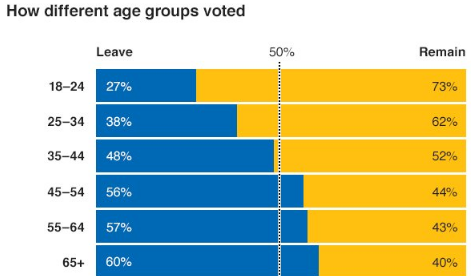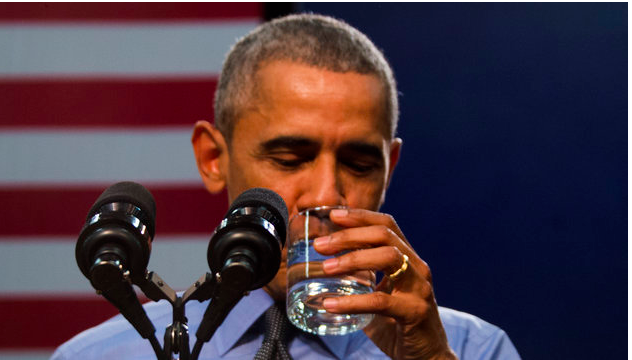
In this blog, I address a common negotiating practice – and flaw – which many parties adopt in mediation. I offer an alternative approach, which I believe is much more effective in reaching a settlement.
The prevailing orthodoxy is to enter into a settlement negotiation with the plaintiff demanding an amount substantially higher than what it will accept, and the defendant offering substantially less than it is willing to pay. In my experience, this gamesmanship is nothing more than a distraction. It does not advance the ball one iota.
If you don’t ask for what you want, or offer to pay what you think is reasonable, you reduce the chances that the negotiation will be a success.
If you believe, as I do, that most disputes have a discernible range of inherent settlement value, why waste time making proposals, which realistically have no chance of acceptance? Offers and counteroffers can be formulated and delivered near or within the zone of perceived settlement values. These will be appreciated by the recipient as a rational –- and even possibly reasonable – and should result in a response which shares the same characteristics, i.e., is seen as rational and potentially reasonable, in return.
In so doing, time and effort is not wasted on absurdly high demands or offers, which neither the offeror nor the recipient thinks is representative of true settlement values and has no chance of success. These proposals serve only to offend the receiving party and to confirm its belief that the other side is not interested in settlement. Having been in the room where such offers were conceived and in the opposite room where they are delivered and considered, this practice causes two untruths to predominate the conversation at that time: (1) that the two sides are much farther apart in their settlement expectations than they really are, and (2) that the ”other side” is not there in “good faith” to settle. In almost every case, this is not a fair representation of the parties’ true settlement intentions.
A few ideas about how to avoid this time-waster:
- Make opening offers or counter-offers that are reflective of the realistic settlement value and deliver them, where possible, with an explanation of why that proposal was selected. Ordinarily, the combination of the offer itself and the explanation will set the negotiations on a positive path. I am not advocating that either side begins the negotiation with its “last best and final” offer. While that can be a powerful approach, it may come too soon in the discussion, because the other side will need to process the offering party’s analysis of the case. Also, in today’s practice, the recipient might be caught off guard and might well not believe it. A better approach, once a proposal is made near to that party’s stopping point, would be to “anchor;” to stay in that range and inform the other side that it is at or near the point at which there is no interest in moving farther.
- Don’t base your own negotiating strategy on what the other side is offering. All too often in many cases that I have handled, each party looks to the other party’s proposal as a guide as to what they should offer next. This results in an entirely reflexive negotiation style, in which each party moves based on the other side’s last offer instead of implementing its own negotiation approach. While cases settle this way, often one side’s “read” of the other side’s intentions is inaccurate. An inaccurate read can inhibit necessary forward moving offers to get the case settled. (I am privy to this because in my role as mediator I will have spoken to both sides confidentially).
For these reasons, I often counsel the parties to negotiate from the outset based on their own informed view of the case, its potential settlement value and what they want to achieve. That is a powerful negotiating style and it comes through in the process. Otherwise, a party runs the risk of, ceding control of the pace and direction of the negotiation to its adversary.






Leave a Reply